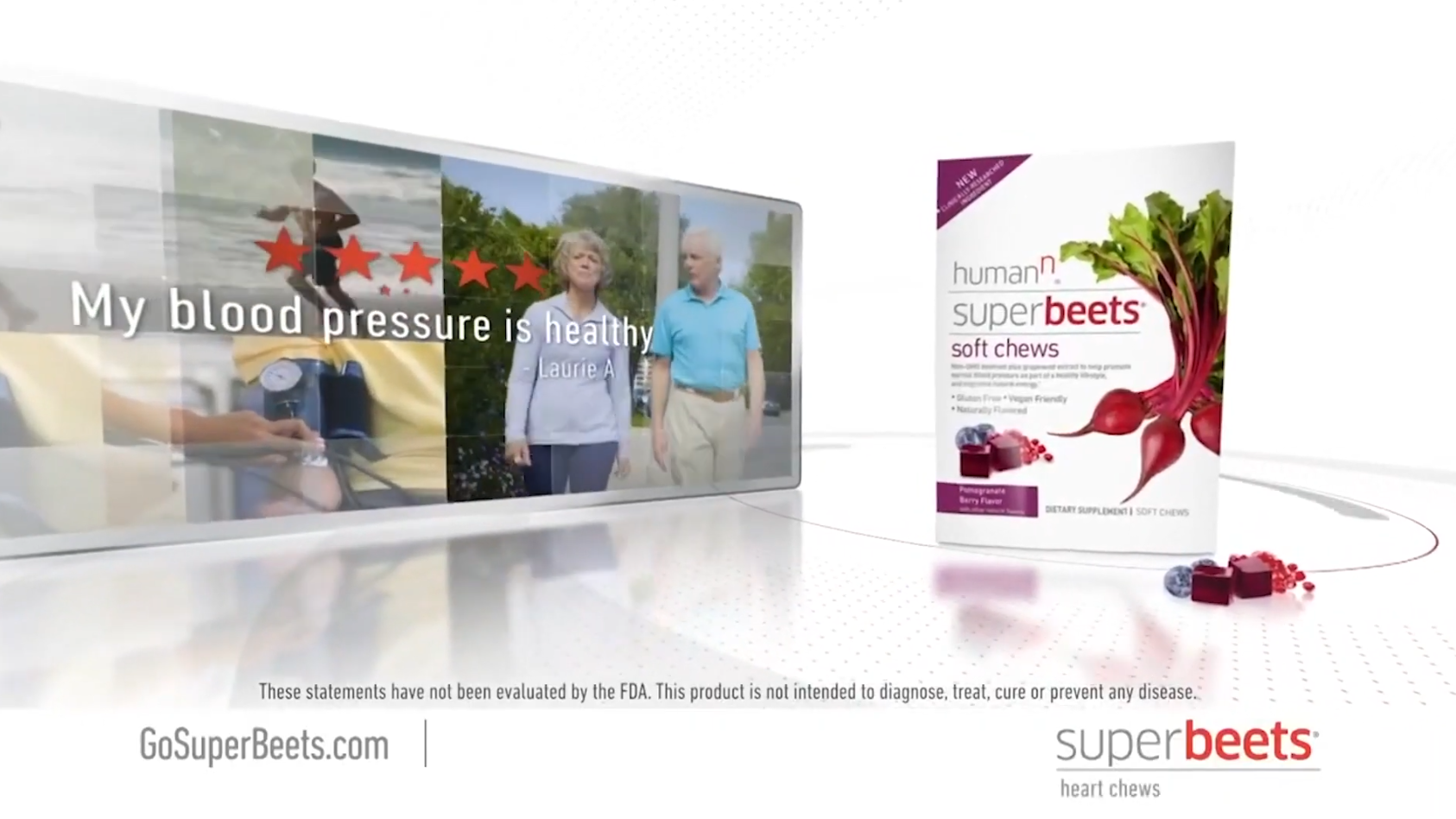
Friday Plans
Getting lucky for this cheap may be harder than you think.
Your IQ may not increase using this brain supplement but your credit card balance might.
Thrive Brain markets its IQ+ supplement to that particular type of consumer whose cognitive activities apparently include seeming deep in thought on a high wire in a full suit.
And consumers should think deeply about this supplement. For starters, Thrive Brain admits (albeit in the fine print of the terms and conditions) that cognitive claims that the product improves memory, focus, processing speed, and flow state are not supported by competent and reliable scientific evidence but:
[S]oley on the traditional and historic use of a given herb, or on clinical trials that are generally not recognized by any US government agency or medical organization.
Perhaps that’s why fine print also states that results touted on the site are atypical.
Another red flag? The trial offer for which Thrive Brain says you need only pay $4.95 shipping and handling. Because you aren’t just signing up to receive one bottle of IQ+; you’re signing up to receive an unlimited number of bottles of IQ+ as part of a monthly replenishment program tied to the offer.
Opting out of this program seems simple enough — you call customer service at 1-844-627-5895 — except that the company recommends (again in the terms and conditions) that you call two days before the 14-day trial period is up, suggesting you may encounter some problems getting through. Oh, and the trial period begins not when you receive the bottle but when you order it.
Find more of our coverage on brain claims here.
Our Ad Alerts are not just about false and deceptive marketing issues, but may also be about ads that, although not necessarily deceptive, should be viewed with caution. Ad Alerts can also be about single issues and may not include a comprehensive list of all marketing issues relating to the brand discussed.
Getting lucky for this cheap may be harder than you think.
TINA.org zooms in on the fine print in ad for “heart chews.”
Comparing the amount companies agree to pay to settle deceptive marketing charges with their annual revenue.

